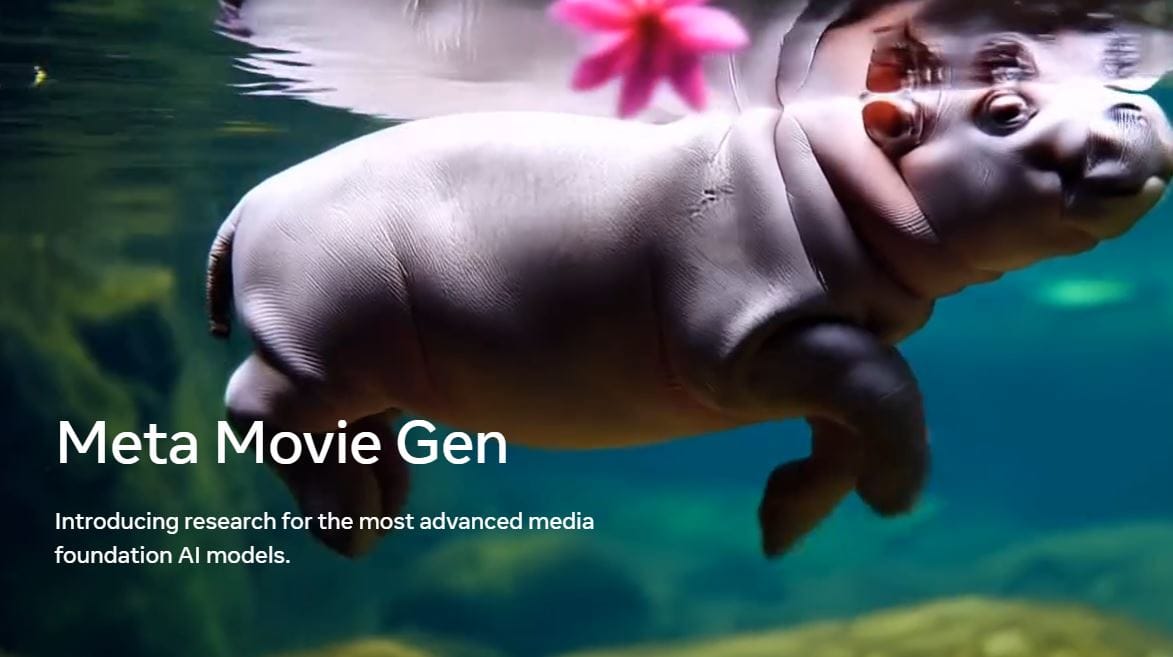Have you ever wondered what it would be like to live forever? The idea of immortality has captivated human imagination for centuries, spawning countless myths, legends, and philosophical inquiries. But what if it were more than just a figment of our collective imagination? What if you could live forever?
Why are Humans Fascinated by Eternal Life?
Since ancient times, humans have been captivated by the idea of eternal existence. From the pursuit of life-prolonging elixirs in bygone eras to modern-day endeavors utilizing science and technology, the desire to cheat death has fueled innovation across various domains.
What Are the Key Challenges in Extending Lifespan?
The journey towards immortality hinges upon comprehending the aging process. Scientists have made significant strides in deciphering the mechanisms underlying cellular degeneration and senescence. By targeting these processes, researchers aspire to decelerate or reverse aging, potentially extending lifespans.
- Genetic Engineering: Advances in genetic manipulation offer promise in extending the human lifespan by targeting genes associated with aging and disease.
- Regenerative Medicine: Stem cell therapies and tissue engineering present avenues for revitalizing aging tissues and organs, restoring them to a more youthful state.
- Anti-Aging Therapies: From dietary interventions to innovative pharmaceutical approaches, a range of anti-aging strategies are being explored to enhance longevity and vitality.
What Are the Implications if you could live forever?
While the prospect of eternal life may entice, it also raises profound ethical dilemmas and societal implications. How might prolonged lifespans impact population dynamics, resource allocation, and social structures? Could immortality exacerbate existing inequalities, widening the gap between the privileged few and the masses? These are complex questions demanding careful consideration.
Beyond scientific and ethical realms, the pursuit of immortality prompts existential reflections. Would eternal life diminish the significance of each moment, rendering experiences mundane? Alternatively, could it instill a sense of purpose, knowing that opportunities for growth and exploration are endless?
If humanity were to achieve immortality, the repercussions would be profound and far-reaching.
- Population Dynamics: With no natural check on population growth, the Earth would quickly become overcrowded, placing immense strain on resources and ecosystems.
- Social Structures: Immortality could disrupt traditional social structures, leading to the emergence of new power dynamics and hierarchies.
- Psychological Impact: The psychological toll of immortality could be immense, as individuals grapple with the existential burden of eternal life and the loss of loved ones who choose not to pursue immortality.
- Cultural Shifts: Immortality could reshape cultural norms and values, as society grapples with the implications of living in a world without death.
Whether or not we ever achieve eternal life, the journey itself challenges us to ponder the profound mysteries of existence and to embrace the beauty of our impermanent, fleeting existence.






